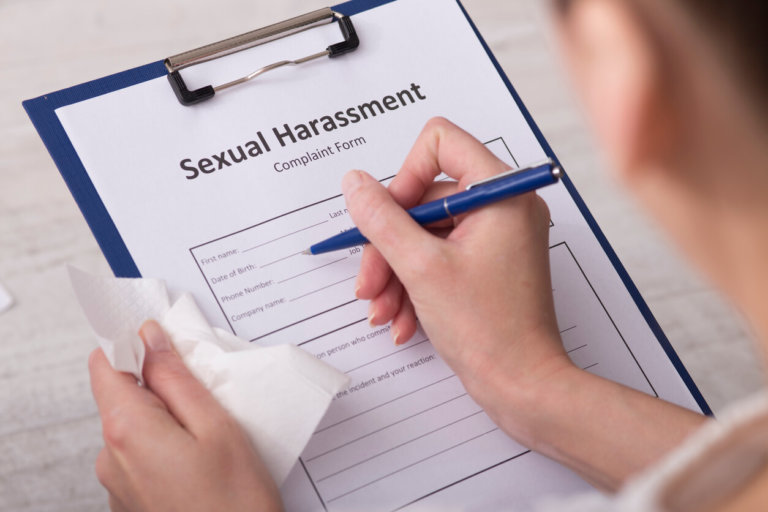Human services providers who contract with New York City must comply with sexual harassment reporting requirements that became effective in March. In short, these contractors are required to provide information to the Department of Investigation (DOI) about sexual harassment complaints, whether made by an employee, client, or another person.
The Backdrop
On March 3, 2021, Mayor Bill de Blasio issued an executive order imposing new sexual harassment reporting requirements on a wide range of human services contractors, including those who provide:
- Daycare
- Foster care
- Home care
- Homeless assistance
- Housing and shelter assistance
- Preventive services
- Youth services
- Senior centers
- Health or medical services (including HMOs)
- Legal services
- Employment assistance services
- Vocational and educational programs
- Recreation programs
The executive order requires all city agencies that contract with human service providers to amend existing contracts to incorporate the new reporting requirements and ensure that all future contracts include such provisions. In short, Information that must be made available by contractors to the DOI includes:
- The contractor’s anti-harassment policies, including reporting procedures.
- Any complaint or allegation of sexual harassment or retaliation brought by any person against the principal (e.g. CEO) of the organization (must be provided to the DOI within 30 days of receipt).
- The final determination of the complaint.
- Any additional information the DOI requests to complete its investigation and determination.
It is worth noting that the new reporting requirements do not relieve the contractor of its duty to investigate sexual harassment complaints or allegations.
The DOI is tasked with reviewing the information about sexual harassment complaints and providing its findings to the agency that contracts with the disclosing provider. The agency, in turn, can consider the findings, as well as the contractor’s non-compliance with the disclosure requirements, when awarding or renewing a contract.
Why This Matters
The new reporting requirements ushered in by the Mayor’s executive order are a reflection of the heightened awareness of sexual harassment in general, and in human services in particular.
While sexual harassment comes in many forms — from overt sexual advances to offensive comments and displays — identifying, reporting, and preventing harassment can be challenging.
In any event, the executive order became effective immediately, which makes it crucial for human service providers to implement necessary policies and procedures to adhere to the new disclosure requirements. Employees also have rights under the new reporting requirements.
Whether you are a human service provider that contracts with the city, or a homecare worker, or other service employee, the best way to understand your rights and responsibilities under the executive order is to consult with an experienced employment lawyer.


